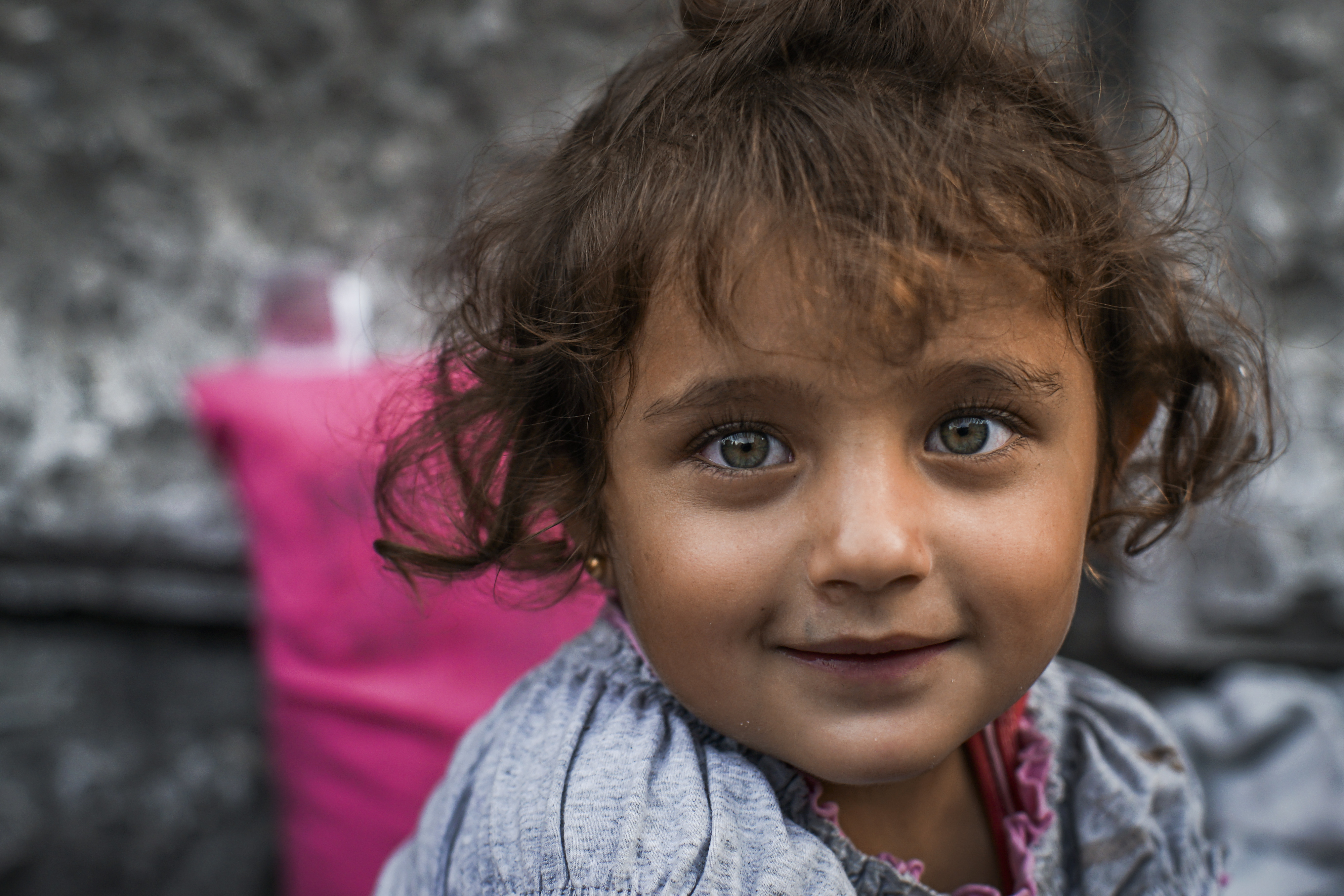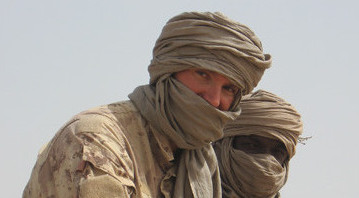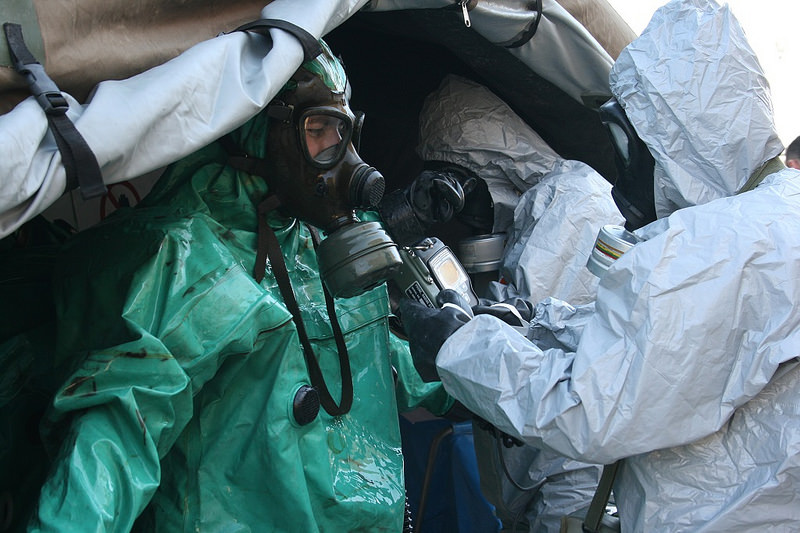On June 14, 2016, the Parliament of Canada voted on a motion, presented by the Leader of the Official Opposition, Rona Ambrose, to acknowledge that ISIS was committing genocide against religious minorities. The motion failed to pass by a margin of 139 to 166. Despite widespread support from Conservative and New Democratic members as well as four Liberals, the remaining Liberal members soundly defeated the motion. On Wednesday, the honourable Minister of Foreign Affairs, Stéphane Dion, said that proper assessment of genocide must be done by an independent court and declared, “I am proud of the House of Commons and the vote we had yesterday. We are proud.”
On Thursday, June 16, the United Nations (UN) Commission of Inquiry on the Syrian Arab Republic released a report declaring that ISIS was committing genocide. That afternoon, Minister Dion announced that the Government acknowledges ISIS is committing genocide against Yazidis. While the Liberal Government’s complete reversal of position over the course of 48 hours is curious, the pressing question is whether or not this acknowledgement will impact its policy.
Article I of the UN Convention on the Prevention and Punishment of the Crime of Genocide (CPPCG) states, “The Contracting Parties confirm that genocide, whether committed in time of peace or in time of war, is a crime under international law which they undertake to prevent and to punish.” As a party to the CPPCG, the Government of Canada must decide what its contribution to the prevention and punishment of those responsible for the ongoing genocide will be. Punishment through the traditional channels of international law is unlikely to occur.
The International Criminal Count (ICC) was established through ratification of the Rome Statute in 2002, and is responsible for persecuting individuals who are accused of genocide and crimes against humanity. Article 12 of the Rome Statute identifies three ways the Count can exercise jurisdiction. The first is if a case from a signatory state is referred by the state to the ICC Prosecutor. The second is if the UN Security Council refers a case to the ICC Prosecutor. The third is if the ICC Prosecutor investigates a case in a signatory state proprio motu – on own impulse. Syria and Iraq are not signatories to the Rome Statute and therefore cannot refer the case to the court. The current ICC Prosecutor, Fatou Bensouda, has stated that her office does not have the authority to independently launch an investigation. Therefore, a referral from the UN Security Council is the only way the ICC can prosecute those responsible for the genocide.
On May 30, 2016, Minister Dion issued a letter to His Excellency, Sameh Shoukry, the President of the UN Security Council, to refer the allegations of the ISIS genocide in Iraq and Syria to the ICC. While this gesture is procedurally appropriate, it is unlikely to accomplish anything. In 2014, the UN Security Council voted on a motion to refer the events in Syria to the ICC. The vote failed because Russia and China, both permanent members of the UN Security Council, voted against it. Given that Syrian President and Russian ally Bashar al-Assad, is surely guilty of war crimes and crimes against humanity, it is presumed that Russia would not vote for an ICC investigation in Syria.
Even if the UN Security Council referred the case to the ICC, there is no guarantee this would achieve a desired outcome. In 2005, after allegations of genocide in Darfur, the situation in Sudan was voted unanimously by the UN Security Council to be brought before the ICC. In 2008, then ICC Prosecutor, Luis Moreno-Ocampo, concluded that Sudanese President Omar al-Bashir bore “criminal responsibility in relation to 10 counts of genocide, crimes against humanity and war crimes.” Al-Bashir is still the president of Sudan.
The notion of holding ISIS members responsible for genocide, through the ICC, does not recognize the limitations of the Court. The UN report on the ISIS genocide unequivocally states that genocide is ongoing. Punishing those responsible for the genocide should be an option examined after the genocide has been eradicated. The Liberal Government’s recognition that genocide is occurring must lead to increased military action. Before Minister Dion’s admission, the Liberal Government was convinced that removing Canada’s CF-18 fighter jets and increasing the number of soldiers who are training the forces opposing ISIS was sufficient. Surely, in the face of an ongoing genocide, this is no longer the case. The Government of Canada, and its allies must demonstrate the political and moral will necessary to defeat ISIS, and stop the genocide. There is no more righteous or noble cause for military intervention than saving a race of people from massacre.
Photo: “Refugee Crisis” (2015), by Mstyslav Chernov via Wikimedia Commons. Licensed under CC BY-SA 4.0.
Disclaimer: Any views or opinions expressed in articles are solely those of the authors and do not necessarily represent the views of the NATO Association of Canada.




